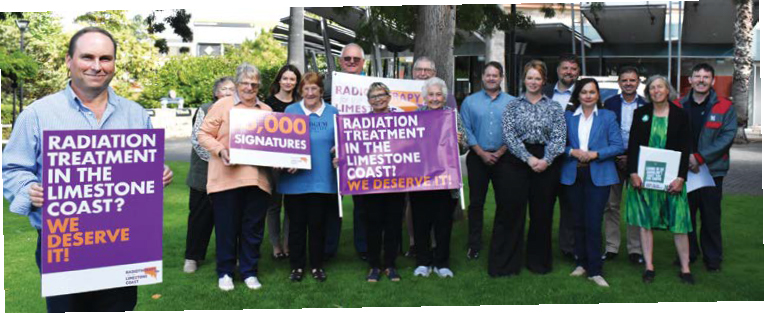
The New South Wales Planning Minister, Paul Scully, faces increasing pressure to disclose details of the advice he received regarding corruption risks tied to a significant overhaul of the state’s planning laws. These reforms aim to expedite housing development but have raised alarms about their potential to facilitate approvals for projects like coal mines without adequate environmental assessments.
Environmental advocates and integrity experts warn that the proposed changes extend far beyond merely streamlining housing processes. Critics assert that the revisions would grant both the minister and the departmental secretary sweeping powers to approve developments without thorough scrutiny. This includes projects exceeding $60 million, which could be fast-tracked by the newly proposed Housing Development Authority.
According to Sue Higginson, a Member of Parliament for the Greens, the Independent Commission Against Corruption (Icac) confirmed that it has not formally reviewed the legislative bill. While Icac provided general advice on certain elements in early 2024 and 2025, it has not assessed the bill’s full implications. A spokesperson for Icac clarified, “The commission provided probity advice to the Department of Planning, Housing and Infrastructure on several occasions… which included on the establishment of the Development Coordination Authority and the Housing Delivery Authority.”
Despite this, the commission noted that it could not release specific advice, citing confidentiality, although it indicated that the minister is free to do so.
Higginson criticized the government’s framing of the bill as a housing reform initiative. She argued that it effectively undermines existing environmental protections and shifts significant authority to the minister and a newly formed bureaucratic structure, without independent oversight. “The government has told parliament that Icac helped shape these reforms, but Icac has confirmed that it was never asked to review or comment on the bill. This is a serious integrity failure,” she stated.
Environmental groups are particularly concerned about the proposed Targeted Assessment Development process, which may allow for a streamlined approval mechanism that bypasses environmental assessments entirely. Critics argue that this could prevent authorities from considering the environmental and community impacts of significant projects.
The chair of the Centre for Public Integrity, Anthony Whealy, expressed concerns that the legislation could extend beyond housing, potentially fast-tracking approvals for other types of developments, including mines and power plants. “The legislation also seems to pose a threat to integrity and proper scrutiny of development,” he said. “That’s the grave concern for the environment.”
Whealy pointed to numerous instances over the past two decades where corrupt conduct involving developers has led to significant issues in New South Wales. He noted that improper interactions between developers and government officials have often resulted in unethical financial gain.
In a communication to Higginson, Icac elaborated on its advisory role, indicating that it addressed “several probity-related matters,” which included managing conflicts of interest and ensuring transparency in the approval process. The letter emphasized the importance of measurable assessment criteria and the separation of assessment from decision-making to maintain integrity.
In response to the mounting criticism, a spokesperson for Scully stated, “The government has applied all advice received from Icac in preparing the bill.”
The bill is set to be debated in the New South Wales Parliament this week, as stakeholders await clarity on the implications of these sweeping reforms for both housing and environmental integrity.






